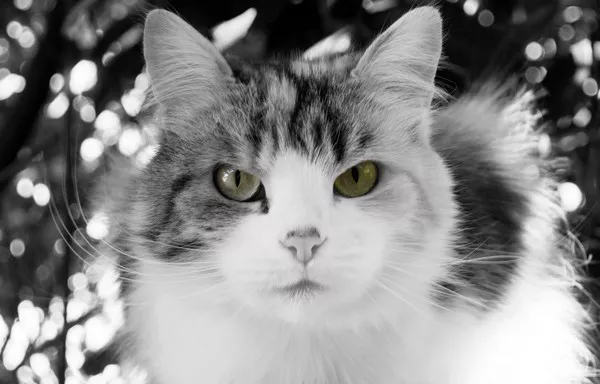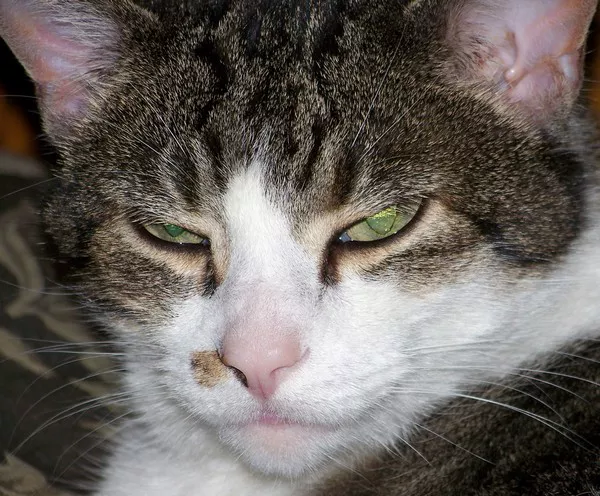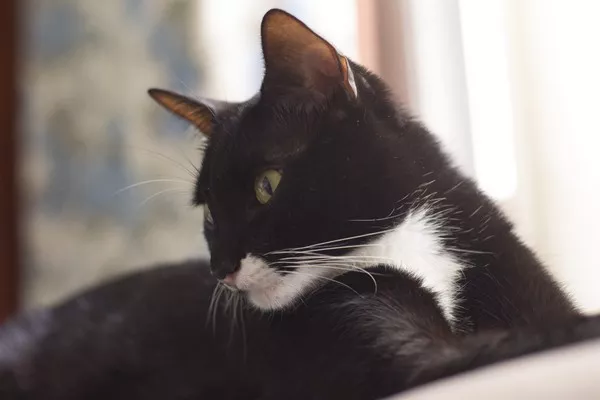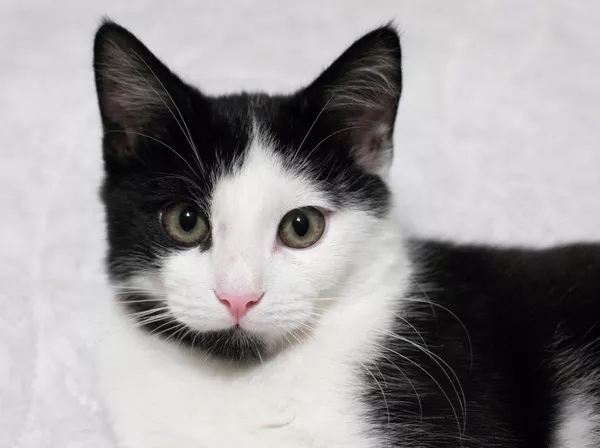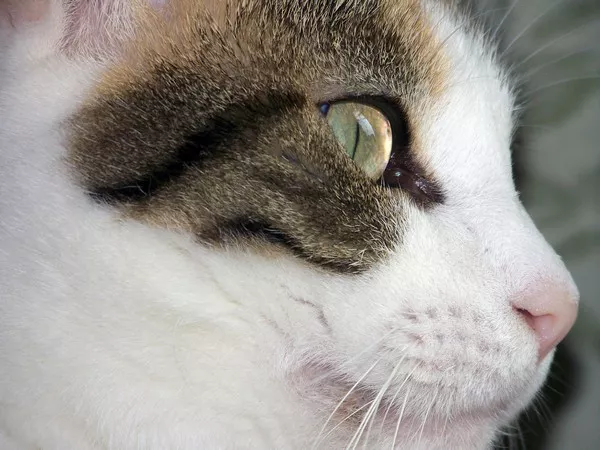NORFOLK, Va. — Local cat rescue organizations have expressed significant concerns regarding plans to relocate a large number of felines from Colonna’s Shipyard in Norfolk. The situation has prompted a collaborative effort between the rescues and the company to ensure the welfare of the animals.
The controversy began over the weekend when rumors surfaced that Colonna’s Shipyard intended to start trapping and potentially euthanizing cats and geese on their property. This news alarmed rescue groups, leading them to raise awareness through social media platforms.
In response to the backlash, Colonna’s Shipyard has clarified that there were never intentions to exterminate the cats. A company spokesperson assured 10 On Your Side that Colonna’s is fully committed to relocating the cats in a humane manner.
To facilitate this process, Colonna’s has engaged ACME Animal Control, a Norfolk-based, state-certified private company specializing in the humane removal of animals. ACME’s Brian Fiske explained that the cat population at the shipyard, originally managed through a trap-neuter-return program, has surged due to an influx of unspayed and unneutered cats from the surrounding Berkley neighborhood. This situation has raised safety concerns as cats have reportedly entered machinery and electrical systems.
“Years ago, Colonna’s and a local rescue group implemented a trap-neuter-return program to control the cat population,” Fiske noted. “However, additional cats have come in from the nearby neighborhood, resulting in an estimated 60 to 70 cats at the site now.”
Fiske has been working with prominent local rescues, including Billy the Kidden Rescue in Virginia Beach and Feral Affairs Network in Norfolk, to find new homes for the cats. The process will be gradual, with trapping efforts limited to about five cats per day to ensure their well-being.
Plans are also in place to retain a smaller group of long-term cat residents, identifiable by their clipped ears, a universal sign of sterilization.
Emilie Jackson, President of Billy the Kidden Rescue, expressed frustration over the abrupt nature of the development and the lack of prior communication from Colonna’s. Jackson, who led efforts to trap and spay/neuter nearly 800 cats at the shipyard between 2016 and 2021, highlighted the absence of recent contact.
“It’s been three years since my last involvement, and no one from Colonna’s reached out to me about this issue,” Jackson said. “I was only informed on Sunday, which was unexpected.”
Despite assurances from Colonna’s and ACME, Jackson remains concerned about the fate of feral cats that cannot find suitable new homes. She emphasized that feral cats, especially those not adapted to life outside their familiar environment, are at risk of euthanasia due to limited space in rescue facilities.
Feral Affairs Adoption Director Sheila Hall added that transitioning feral cats to new environments, such as barns, requires careful acclimation. “Feral cats accustomed to receiving food and shelter at the shipyard need time to adjust to new settings,” Hall explained. “Simply relocating them without proper adaptation support is not effective.”
Volunteers are making progress, with space for 20 cats secured so far. Joyce Rutti, VP and Trapping Director at Billy the Kidden, acknowledged the scale of the effort but praised ACME’s cooperation. The goal is to ensure that the older, established cats can remain at the shipyard.
Jackson is also advocating for financial assistance from Colonna’s to cover the costs of spaying and neutering the relocated cats. Rescue organizations have faced rising costs, with veterinary services now ranging from $85 to $800 per cat. The Chesapeake Humane Society and Grant Veterinary Care have provided support, but the expense remains a significant challenge.
The rescue groups plan to meet with Colonna’s and ACME on Wednesday to finalize arrangements. Jackson’s final message underscores the importance of responsible pet ownership: “Spay and neuter your cats to prevent such situations in the future.”
Related Topics















